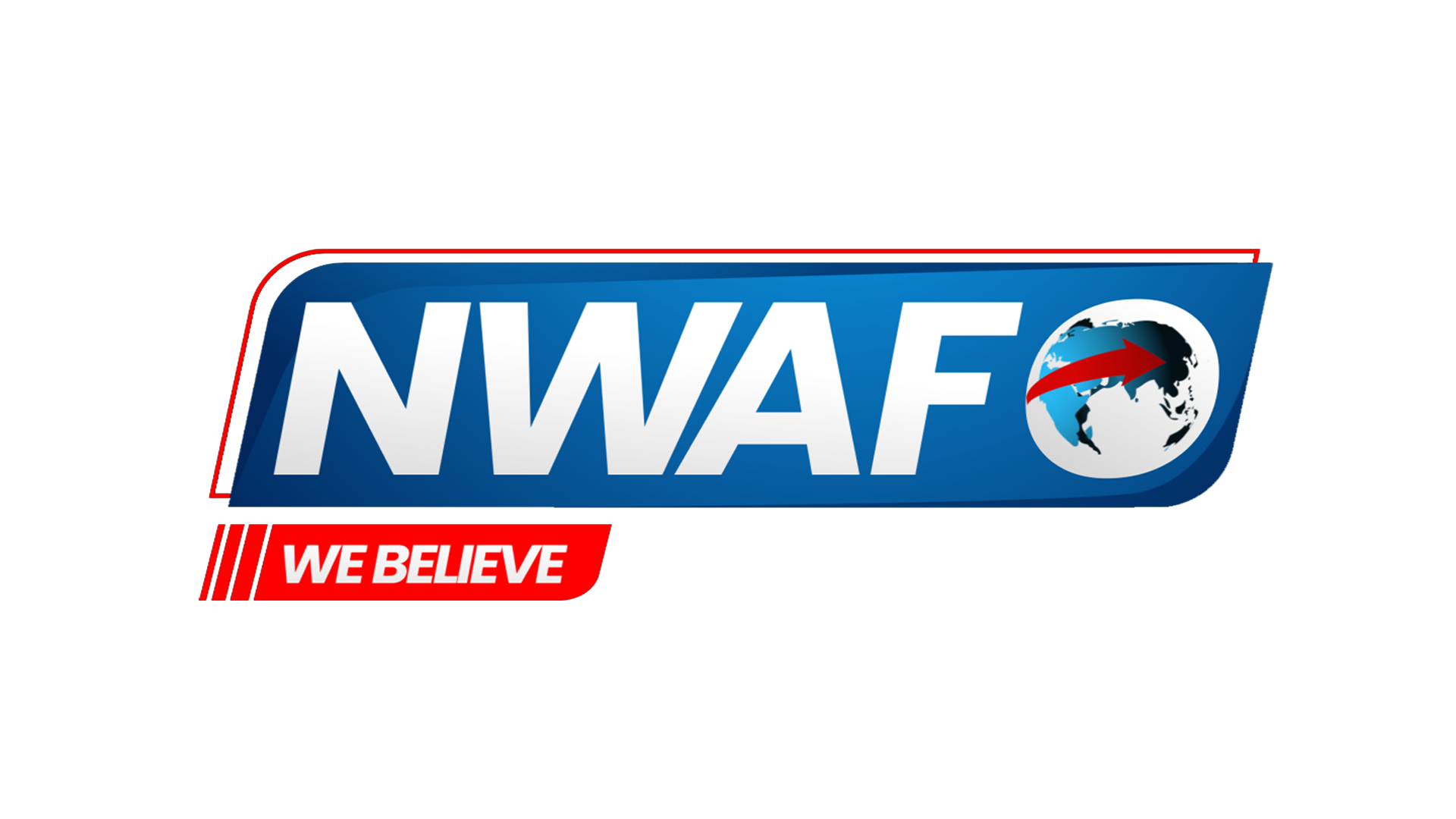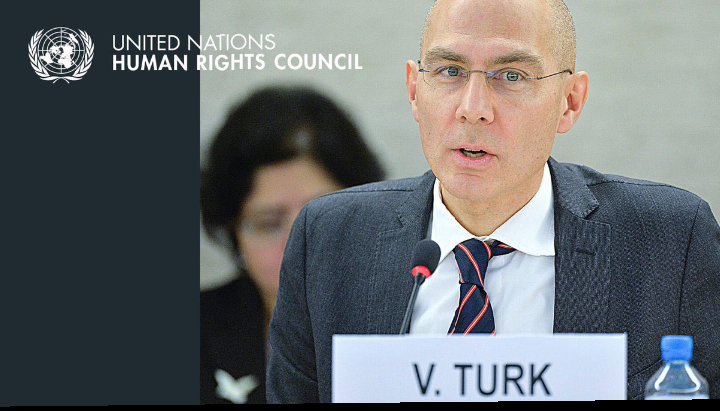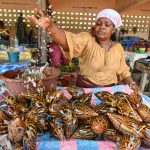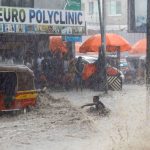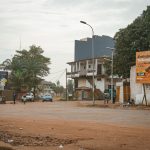By Edna Ezinneamaka Onunaku
Journalists play a more vital role in infusing the world with information and facts, the United Nations High Commissioner for Human Rights, Volker Türk, has said.
In a statement on the occasion of the High-Level Conference to mark the 10th anniversary of the United Nations’ Plan of Action on Safety of Journalists and the Issue of Impunity, held in Vienna Austria today, Türk said in the face of a series of changes and challenges that have brought the world to a tipping point, Journalists help people make up and change their minds, debate and participate in world affairs. He said,
‘Journalists uncover issues some would rather keep hidden. They dig in the deepest, darkest holes, looking for – and untangling – information. They are an antidote to the death of facts. But this important work leaves them exposed.’
He stated that ‘”over the past 10 years, 958 journalists were killed, over 1,000 were imprisoned and 64 still are missing. History has shown us that threats to journalists are often the “canary in the coalmine”, a grim prelude of greater human rights threats to come,”‘ Türk had said, adding that the numbers are unacceptable.
He, however, noted that there are some progress to celebrate, thanks to the United Nations Plan of Action on the Safety of Journalists. He confirmed that national protection systems to prevent and punish attacks on journalists were created or strengthened in nearly 50 countries, while maintaining that, ‘Multiplying and strengthening such systems must be at the forefront of our efforts.’
In his words, ‘I see three areas where more can be done, in line with the Plan of Action’s three pillars of protection, prosecution and prevention.’
‘First, we need stronger and more comprehensive national legislation to safeguard media freedom, in line with international human rights law, to counter strategic lawsuits against public participation and online harassment, especially against women journalists, to rein in digital surveillance technologies which, when misused, undermine the rights of journalists and their sources.
‘But apart from appropriate legal safeguards, I reiterate my predecessor’s call for a moratorium on the export, sale, transfer, use and servicing of digital surveillance tools. And medical, psychological, and legal support should be made more available and accessible when harms to journalists do occur.
‘Second, if we are serious about accountability for crimes against journalists, we need to see an uptick in effective prosecutions and in the administration of justice overall.’
Türk further noted that, ‘while there has been, on average, a decrease in the killings of journalists in recent years, impunity for crimes against journalists remains widespread and only 13 percent of cases of killed journalists since 2006 have been successfully prosecuted.’
He, therefore, called on the UN to ‘bolster national criminal justice systems, by equipping them with special investigative units or independent investigative structures and ensuring they have the requisite expertise and resources to address these crimes – even when committed by those in power.’
According to him, ‘OHCHR, together with UNESCO in some instances, has helped governments to establish such units in several countries around the world. We also need better data collection and analysis, which are crucial for effective prosecutions. States’ reporting to the human rights system on the status of cases can also help track and address these crimes.
Finally, in terms of prevention, we need to be better at anticipating violations and reacting more promptly.’
Türk buttressed that, ‘by seeing the warning signs: The seemingly innocuous laws, the expansion of surveillance tools, which restrict the space for journalists to operate, we will continue monitoring and reporting on these developments, mindful of the protective and preventive power of that work.
He added that, ‘Together, we must redouble our efforts to support journalists, professional associations, civil society organizations – to bolster their knowledge of their own rights and of protection measures available to them. And we must work together with governments, law enforcement, the military, prosecutors and the judiciary to support them to meet their obligations under international human rights law.’
While acknowledging that ‘Independent and ethical journalists are critical elements of the democratic ecosystem, and to the functioning of the social contract, Türk said the 10th Anniversary of UN’s Plan of Action for Safety of Journalists, is a time to make the safety of journalists worldwide a real priority, stressing that each and every threat to a journalist is a threat to everyone’s rights to freedom of information, opinion and expression.
